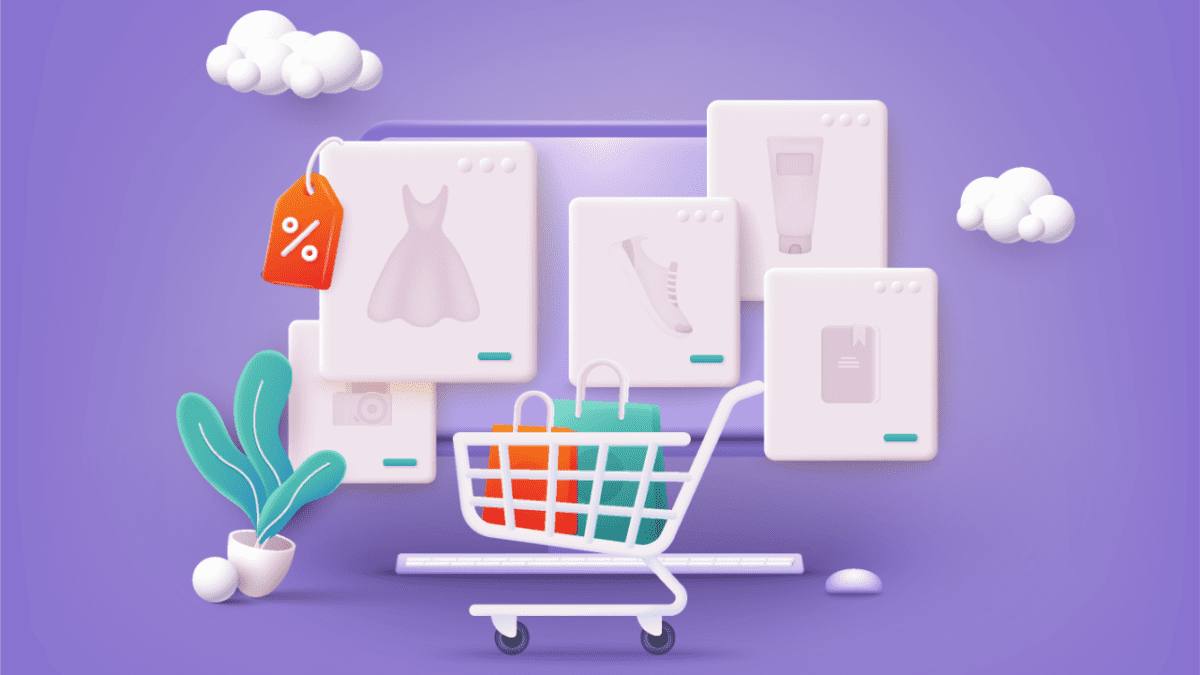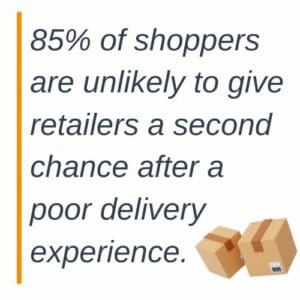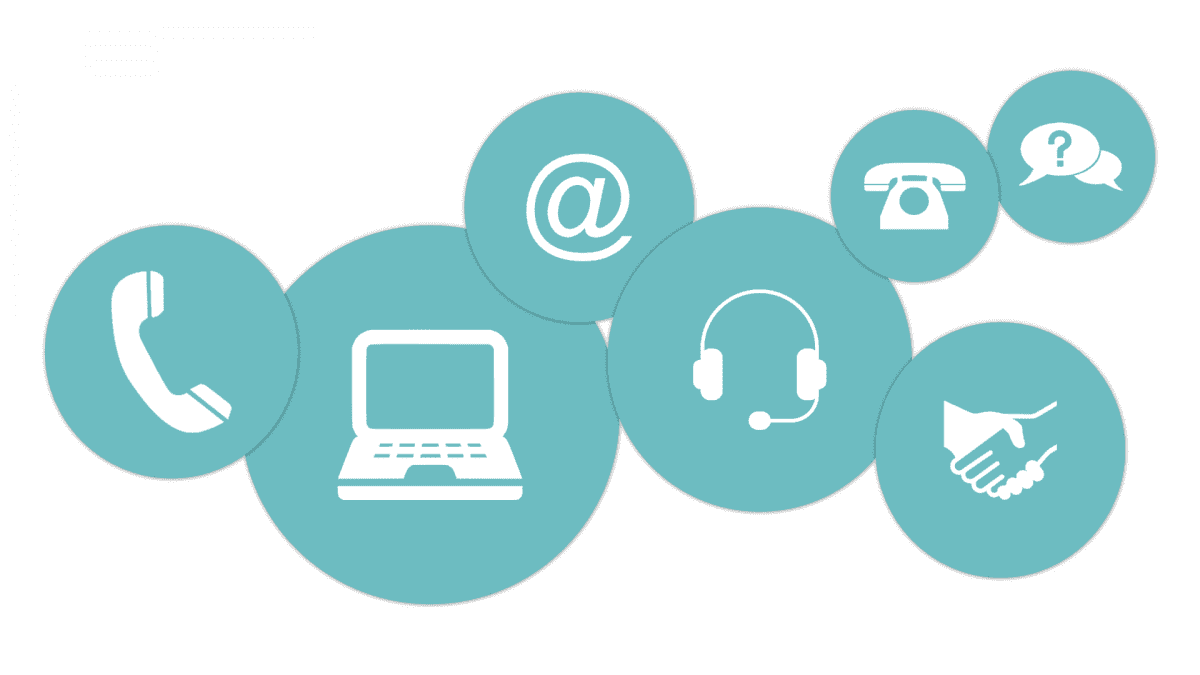
Imagine a world where every retail transaction is seamless, every customer need is anticipated, and every product arrives at its destination with clockwork precision. Welcome to the dynamic and ever-evolving world of retail fulfillment, a fundamental pillar in modern retail success. In this fast-paced sector, mastering retail fulfillment is the heartbeat of customer satisfaction and the key to unlocking growth and opportunity.
Today, we offer a comprehensive guide crafted for retail managers who aren’t just managing the present but also have a keen eye on the future. We’re going to delve deep into the strategies that stand at the forefront of retail innovation—strategies that streamline operations, inspire customer loyalty and drive growth. Whether you’re looking to refine your inventory management, harness the power of cutting-edge technology, or reimagine your approach to warehousing and distribution, this article is your compass in the complex world of retail fulfillment.
Let’s explore, learn, and transform the challenges of today into the triumphs of tomorrow, ensuring that your retail operations aren’t just surviving but thriving.
Understanding Retail Fulfillment

Retail fulfillment is the lifeblood of the retail industry. The journey starts when a customer places an order and ends with its delivery. This process from start to finish is important not only for operational efficiency but also for reflecting the overall health of a business.
Efficient fulfillment goes beyond mere logistics. It’s vital in sculpting customer experiences and earning loyalty. It’s also a powerful tool in a retailer’s arsenal for building trust and brand affinity. According to LoyaltyLion, 85% of shoppers are unlikely to give retailers a second chance after a poor delivery experience. Retail giants like Nordstrom and Target exemplify this, showing that prioritizing efficient fulfillment can significantly elevate customer satisfaction and loyalty. This approach to fulfillment, where the focus is on customer delight and seamless service, transforms it from a mere logistical task to a crucial aspect of customer relationship management.
Inventory Management
Effective inventory management is a critical element in retail fulfillment, ensuring the right products are at the right place when needed. This involves a blend of strategies and technology to keep everything running smoothly.
- Regular Inventory Audits: Frequent stock checks prevent discrepancies between your inventory records and actual stock levels. It helps identify causes of shrinkage, and ensure that you always have the right amount of stock at the right time.
- Accurate Demand Forecasting: This involves predicting future customer demand to prevent overstocking or stockouts. Retailers like Walmart use sophisticated algorithms to forecast demand, considering factors like seasonality, trends, and historical data.
- Efficient Stock Replenishment Methods: Making sure that stock levels are replenished promptly to meet customer demands. Techniques such as Just-In-Time (JIT) inventory have been used successfully by companies like Toyota to enhance efficiency and reduce waste.
Technology like real-time tracking systems for inventory management are tools you can’t afford to be without. They provide live updates on stock levels, enabling businesses to respond quickly to changes in demand. For example, RFID technology allows for real-time inventory tracking, which is crucial for many fast-paced business models. This tech-savvy approach ensures that retailers can maintain optimal stock levels, reducing the risk of overstocking or understocking and ultimately leading to a more streamlined and responsive retail fulfillment process.
Order Processing Efficiency
In retail, everyone wants everything now. That makes efficient order processing a top priority and requires a smooth, streamlined process. It’s about swiftly moving from a customer’s click to the package on their doorstep. A streamlined process can drastically reduce the time between purchase and delivery. The key? Finding and using the best automation tools that can speed up processes while minimizing errors.
Leading the charge in this domain are fashion giants like Zara and H&M. Zara, renowned for its lightning-fast fashion cycles, uses advanced inventory management systems and automated warehouses. With a production process driven by data, Zara monitors the performance of its products in real time and adjusts its production plans accordingly.
The integration of automation and technology solutions has dramatically transformed order processing, making it faster and significantly reducing the margin for errors. Automated systems streamline the entire order lifecycle, from inventory management to shipping, ensuring that orders are processed efficiently and accurately.
Warehousing and Distribution
A meticulously arranged warehouse plays a fundamental role in ensuring rapid and precise order fulfillment. The strategic positioning of shelves and ensuring quick access to frequently demanded items are crucial elements of this setup. IKEA, renowned for its operational efficiency, exemplifies this through its ingenious use of high-density storage solutions. This approach not only optimizes space utilization but also significantly cuts down the time taken to pick items for orders. IKEA’s success in operations is largely due to such innovative strategies, which streamline the workflow and enhance overall productivity in the warehouse.
Strategies like zone, wave, and batch picking revolutionize warehouse operations and enhance efficiency. Zone picking, used by companies like Amazon, involves assigning workers to specific warehouse areas, streamlining the picking process. Wave picking schedules picking activities to optimize shipping, suitable for businesses with varied shipping schedules. Batch picking, where multiple orders are handled simultaneously, reduces travel time within the warehouse.
Partnerships with logistics companies offer cost-effective distribution solutions, crucial for expanding business reach. A notable example is Walmart’s collaboration with FedEx, which has significantly streamlined Walmart’s distribution and delivery processes. Such partnerships enhance supply chain agility, allowing businesses to respond effectively to market demands and customer needs.
Technology Integration
Technology isn’t just an add-on in the retail industry today. It’s a driving force. It’s revolutionizing every aspect of retail fulfillment, from robots scurrying around warehouses to sophisticated AI algorithms predicting what customers will buy next.
Automation is transforming warehouses into hubs of efficiency. Amazon, a leader in this field, employs over 750,000 robots in their fulfillment centers, drastically improving processing speed and accuracy, as reported by Business Insider. These automated assistants work alongside humans to pick, sort, and ship products, showcasing a seamless blend of technology and human skill.
AI and data analytics are powerful tools for understanding market trends and customer preferences. Big data allows retailers to forecast demand with remarkable precision. For example, Target uses data analytics to predict customer shopping habits; this level of insight enables more accurate inventory management and personalized marketing strategies.

Scalability and Flexibility
Scalability in fulfillment processes is a necessity. The emphasis here is on designing systems that grow gracefully with your business, ensuring that increased demand doesn’t lead to a drop in efficiency or customer satisfaction. A scalable fulfillment process is like a stretchy fabric, expanding smoothly as the business grows.
Flexibility is the retail fulfillment world’s superpower. It allows businesses to swiftly pivot in response to ever-changing market trends and customer preferences. For instance, Best Buy, amid the pandemic, shifted to a curbside pickup model almost overnight. This agility in fulfillment processes is crucial for staying relevant and competitive.
Peak seasons, like the holiday rush, demand special strategies. Hiring temporary staff can provide the necessary manpower boost while optimizing inventory ensures that popular items are in stock. Leveraging predictive analytics for forecasting demand, a tactic employed by companies like Walmart can prevent stockouts and overstocking. These strategies not only manage the seasonal surge effectively but also maintain a high level of customer service, ensuring that the busiest times of the year are also the most productive.
Customer Experience Enhancement
A smooth fulfillment process is like the grand finale of a shopping experience. It’s where the promise meets reality. Optimized retail fulfillment, marked by rapid delivery and precise order processing, elevates the overall customer experience. When a customer receives their order faster than expected and without a hitch, it creates a lasting impression. This excellence in fulfillment can turn first-time buyers into lifelong fans.
According to a study by the Baymard Institute, around 70% of online shopping carts are abandoned, often due to poor fulfillment experiences. Retailers like ASOS and Zappos, however, have consistently high customer retention rates, thanks in part to their efficient and customer-centric fulfillment strategies.
In an era where personalization is king, tailoring the fulfillment experience can set a retailer apart. Customized packaging and a simple personal note can transform a standard delivery into a memorable experience. This touch of personalization makes customers feel special and valued. An example of this is Etsy, where many sellers include personalized notes or packaging, which has been a key factor in their high customer satisfaction ratings.
Personalizing fulfillment is a strategic move. Some of the more popular ways today’s retailers enhance the customer’s experience include:
- Personalized Product Recommendations: Utilizing customer data and purchase history to suggest relevant products, often seen in online platforms through “Recommended for You” sections.
- Customized Communication: Tailoring email or text marketing messages based on customer preferences, purchase history, and browsing behavior.
- Loyalty Programs: Offering rewards, discounts, or exclusive offers based on individual customer interactions and purchase habits.
- Dedicated Customer Service: Providing personalized assistance, either in-store or online, where representatives are informed about the customer’s previous interactions, preferences, and concerns.
- Custom Packaging: Adding a personal touch to packaging, such as including a handwritten note or customizing the package based on the customer’s interests or past feedback.
- Interactive Technology: Using chatbots or AI-based tools that remember and reference past customer interactions for a more personalized service experience.
- In-store Personalization: Offering services like personal shopping assistants or customized fittings, catering to individual preferences and needs.
- Feedback Implementation: Actively using customer feedback to tailor services or products, showing customers that their opinions are valued and acted upon.
A report by Epsilon found that 80% of consumers are more likely to purchase when brands offer personalized experiences. These small gestures in the fulfillment process can create big ripples in customer loyalty and brand reputation.
Continuous Improvement
If you plan to succeed, you can’t slow down. Regular evaluation and continuous improvement in fulfillment processes are vital to stay ahead of the curve and meet ever-changing customer expectations. It’s like a never-ending race where the goalposts keep moving. You have to keep sprinting, adapting, and improving to stay in the game.
Feedback loops and performance metrics are the compasses guiding this journey of continuous improvement. They provide invaluable insights into what’s working and what’s not. For example, Amazon’s relentless focus on customer feedback has been integral to its success. They constantly analyze customer reviews and ratings to refine their fulfillment processes. By implementing robust feedback mechanisms and tracking key performance indicators, businesses can pinpoint areas for improvement, whether it’s reducing delivery times or enhancing packaging quality.
Promoting a culture of innovation among employees is like planting seeds of creativity and efficiency. When employees are encouraged to think outside the box, they develop innovative solutions that can revolutionize fulfillment processes. Google, known for its culture of innovation, encourages its employees to spend 20% of their time on creative side projects, which has led to the development of some of its most successful products. In retail fulfillment, encouraging a culture of innovation can lead to groundbreaking improvements, making processes more efficient, cost-effective, and customer-centric.
Want more industry insights?
Subscribe to our newsletter to receive weekly last mile logistics insights directly to your email inbox each week!
Elevating Your Retail Game with Elite EXTRA
Optimizing fulfillment isn’t just another strategy. It’s a necessity for thriving in a competitive market and ensuring your customers are absolutely delighted. It’s clear that integrating advanced inventory management, leveraging cutting-edge technology, and promoting a culture of continuous improvement are imperatives for retail managers aiming to excel in their operations.
While the path to optimizing retail fulfillment is multifaceted, it’s also incredibly rewarding. By implementing the strategies discussed, businesses can fully streamline their operations and significantly enhance customer satisfaction and loyalty. But, it’s crucial to recognize that in an era where technology and innovation drive success, partnering with experts can also be the difference between lagging and leading.
Are you ready to elevate your retail fulfillment game? Elite EXTRA is your partner in this journey. With our comprehensive suite of solutions, we offer a pathway to a streamlined, efficient, and customer-centric fulfillment process. Embrace the future of retail fulfillment with Elite EXTRA and transform your operations. Contact us today to learn how we can help you turn these strategies into your competitive advantage. Let’s redefine retail fulfillment together.
Sources
https://squareup.com/us/en/the-bottom-line/operating-your-business/inventory-audit
https://www.reuters.com/business/retail-consumer/how-shein-outgrew-zara-hm-pioneered-fast-fashion-20-2023-12-13
https://blog.chekhub.com/why-ikeas-operations-model-is-so-successful
https://baymard.com/lists/cart-abandonment-rate
https://www.epsilon.com/us/about-us/pressroom/new-epsilon-research-indicates-80-of-consumers-are-more-likely-to-make-a-purchase-when-brands-offer-personalized-experiences
https://www.linkedin.com/pulse/amazons-customer-obsession-key-success-content-by-dv
https://innovolo-group.com/innovation-en/innovation-insights-en/is-googles-20-percent-time-philosophy-a-viable-innovation-strategy







